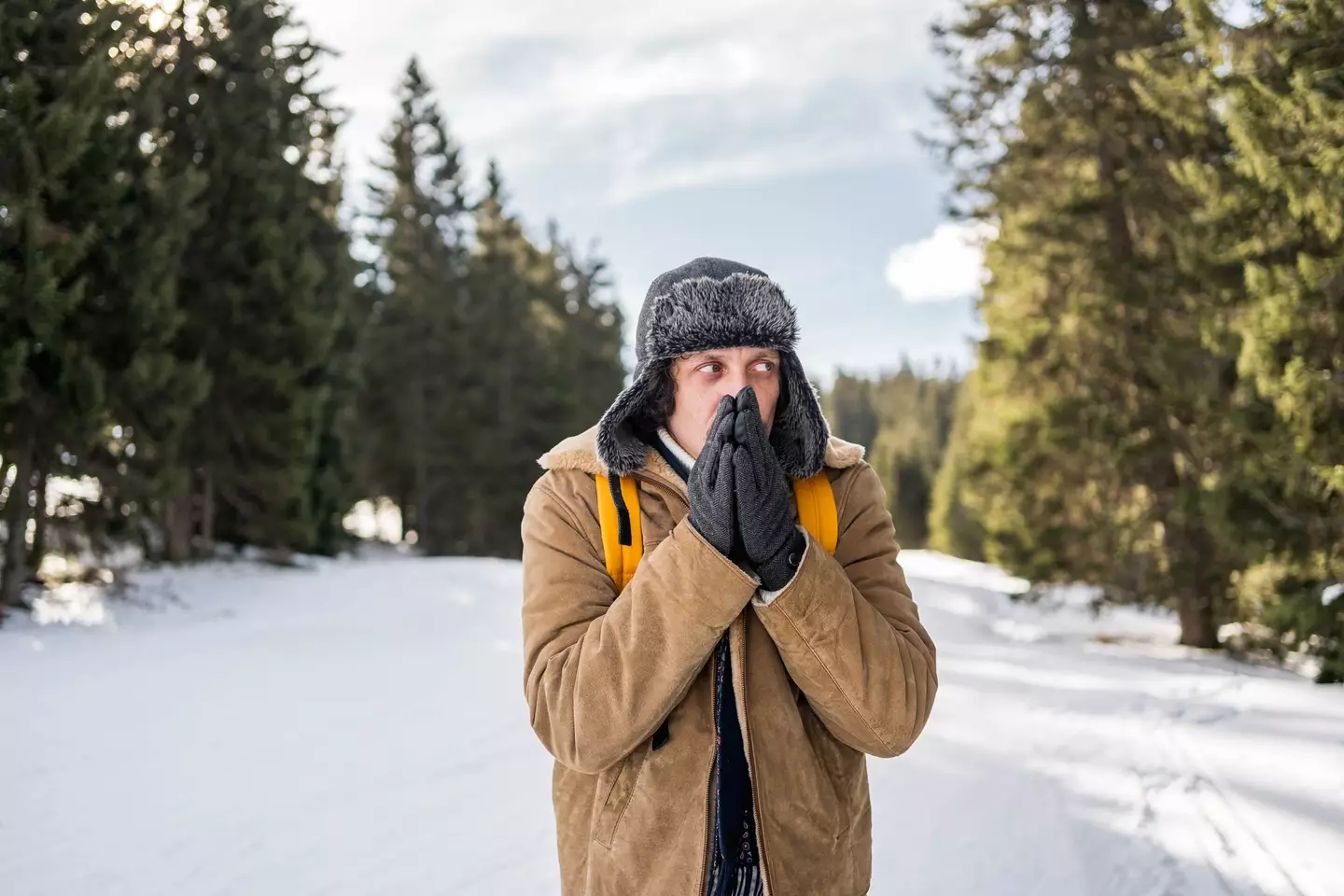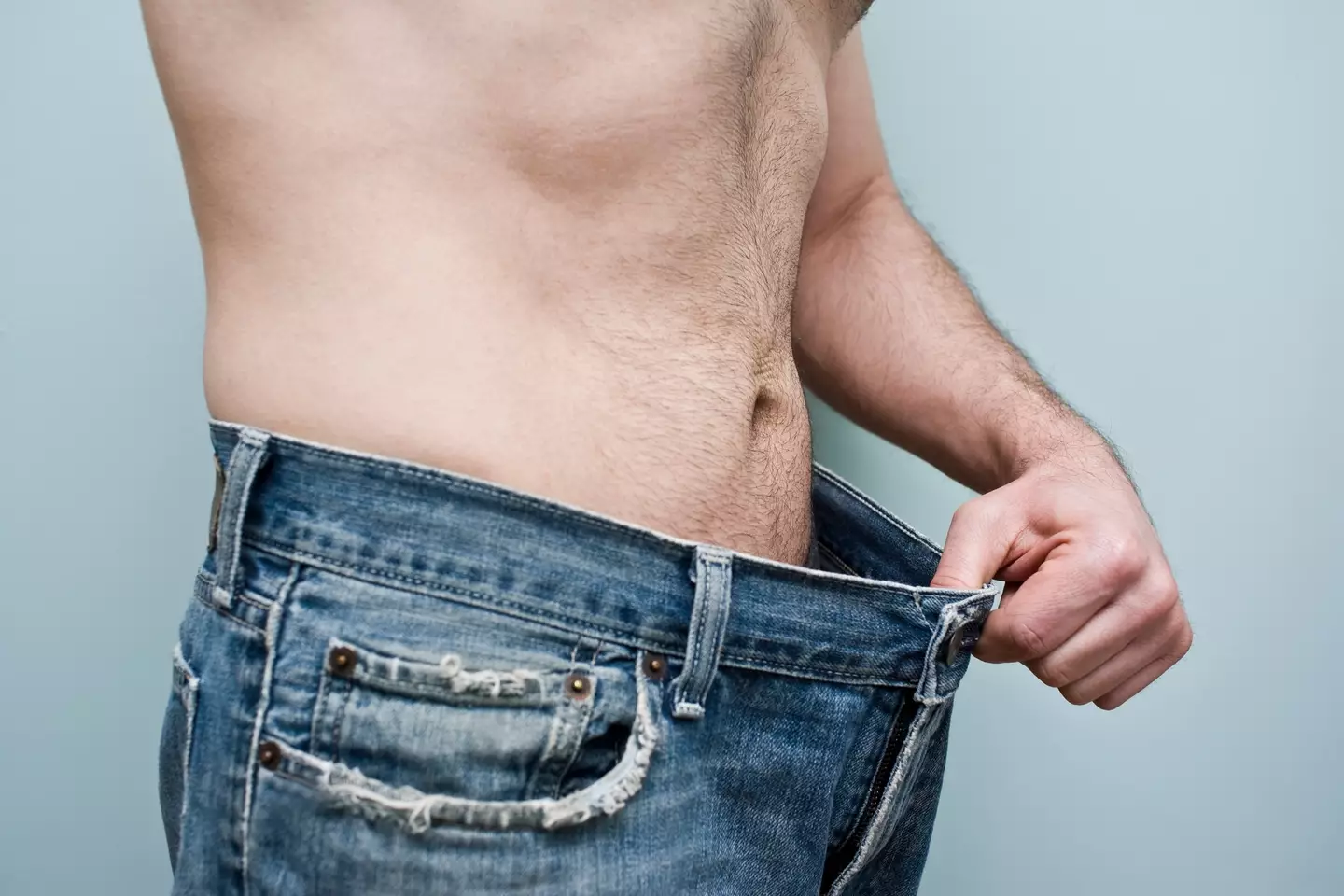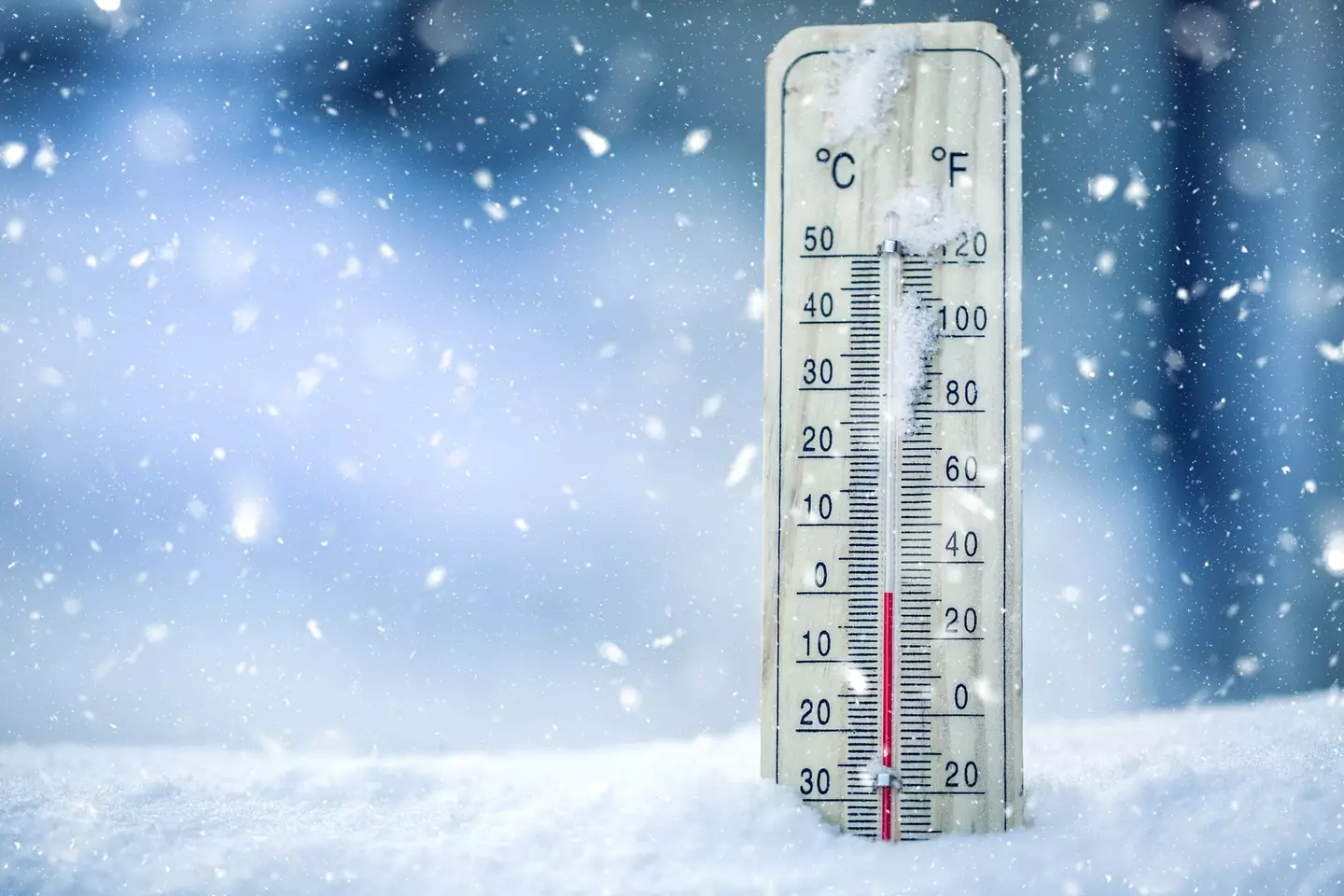A medical professional has highlighted that some men may experience an uncomfortable condition during the colder months.
This phenomenon, termed ‘winter penis,’ is self-explanatory and contrasts with ‘summer penis.’
Men might notice alterations in their genitalia during winter, but this is only a temporary issue.

As is common knowledge, the onset of winter brings colder temperatures, which can lead to some minor shrinkage in sensitive areas.
Dr. Sarah Jarvis, a GP and the clinical director of Patient.info, confirmed: “Technically winter penis is a thing.”
In a 2018 interview with The Sun, she elaborated: “During winter, your body conserves heat by restricting blood flow to surface vessels.”
“The penis, having a significant surface area, is one of the most noticeable areas affected.”
“Additionally, testicles tend to contract in cold weather, often retracting closer to the body.”

Though the thought of retraction might be unsettling, Dr. Jarvis reassured that the condition is not permanent.
“It is not a lasting physical change; warming up will restore normalcy,” she confirmed.
“Don’t worry, if it seems smaller, a warm room or bath can help.”
But what extent of shrinkage should one anticipate?
Dr. Darius Parduch, a sexual health expert, informed Men’s Health that exposure to temperatures below 60°F might reduce penile length by up to 50 percent and girth by 20 to 30 percent.
“Cold induces vasoconstriction, restricting blood flow to the penis,” Parduch noted, agreeing with Dr. Jarvis.

Parduch cautioned that this might cause discomfort and suggested wearing supportive boxer briefs to minimize friction.
For severe cases, a doctor might prescribe erectile dysfunction medication to boost penile blood flow.
These medications should not cause an erection unless stimulated.
Erectile dysfunction also tends to be more prevalent in winter.
According to Pilot: “While [erectile dysfunction] can happen year-round, it’s more frequent in winter due to reduced sunlight affecting melatonin, a hormone that promotes sleepiness.”
They note: “The decrease in sunlight also lowers serotonin production, which is associated with depressive symptoms.”

